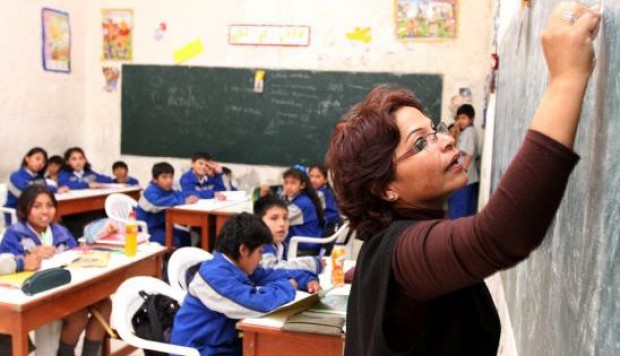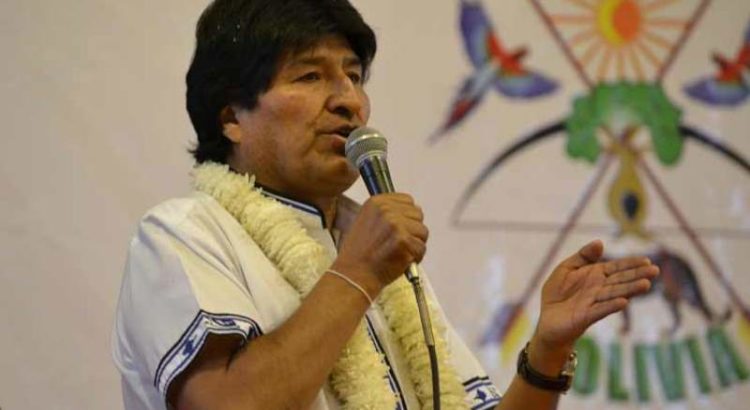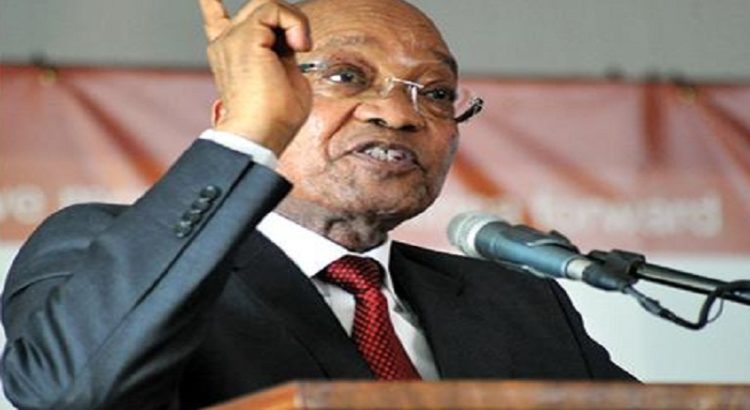América del sur/Perú/13 septiembre 2018/Fuente: América Economía
Ministro de Educación Daniel Alfaro expuso la situación de su sector en Comisión de Educación del Congreso.
El Ministerio de Educación (Minedu) en Perú dará prioridad a los docentes y a la infraestructura educativa en el presupuesto para el año 2019, que será incrementado en 11%, informó el ministro Daniel Alfaro durante su presentación en la Comisión de Educación, Juventud y Deporte del Congreso de la República.
Al exponer la situación de su sector, Alfaro remarcó que el Estado está comprometido con la mejora de las condiciones de trabajo de los docentes y recordó que el salario base de un maestro era S/ 1.555 (US$ 464) en 2016 y el próximo año será S/ 2.200 (US$657) luego del aumento en dos tramos.
En cuanto a la infraestructura física, señaló que este año el Programa Nacional de Infraestructura Educativa (Pronied) entregará 44 obras nuevas y que el próximo año esa cifra se incrementará a 202 obras.
Por otra parte, explicó que el Minedu está impulsando la modernización de los estatutos de la Derrama Magisterial, que datan de 1988, con el propósito de buscar una gestión más transparente y eficiente en beneficio de los centenares de miles de maestros que son sus afiliados.
“Es obligación del Minedu proteger y velar por los intereses de los maestros, tal como lo señalan los mismos estatutos de la Derrama Magisterial y un fallo del Tribunal Constitucional”, anotó.
Al referirse a la educación superior universitaria, Alfaro dijo que en el país existen 145 universidades, de las cuales 54 son públicas y 92 privadas, e informó que a la fecha ya hay 50 universidades licenciadas por la Superintendencia Nacional de Educación Superior (Sunedu).
De estas instituciones, el 62% son privadas y el 38% son públicas, y las que no cumplan con los requerimientos básicos de calidad serán cerradas, afirmó.
Alfaro reiteró el papel rector del Minedu en la determinación de los contenidos educativos e indicó que aún no ha podido imprimirse el Currículo Nacional porque se está a la espera de un fallo de la Corte Suprema en torno a una demanda sobre el enfoque de igualdad de género.
En este punto, sostuvo que el enfoque de igualdad de género contribuirá a acabar con estereotipos como el machismo y promover la igualdad entre hombres y mujeres con el fin de construir una sociedad más armónica y solidaria y sin exclusiones.
Fuente: https://mba.americaeconomia.com/articulos/notas/peru-daran-prioridad-docentes-y-infraestructura-educativa-en-presupuesto-2019









 Users Today : 29
Users Today : 29 Total Users : 35403367
Total Users : 35403367 Views Today : 33
Views Today : 33 Total views : 3332659
Total views : 3332659